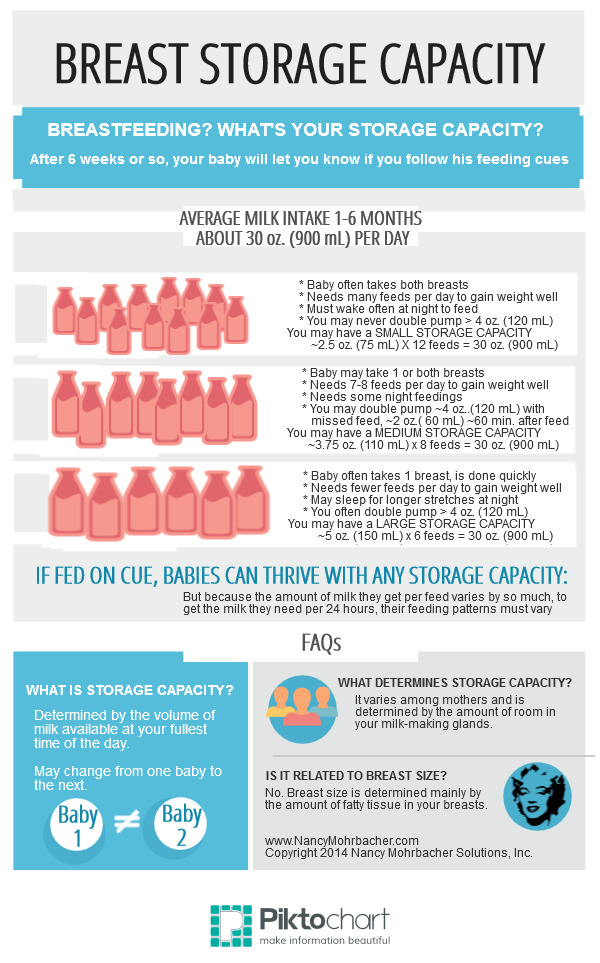Feeding on demand. It sounds complicated and very involved. Just what does it mean when lactation consultants (and others) recommend feeding on demand? Well, there are several reasons why this is important. Let’s take a closer look at what feeding on demand looks like.
Feeding on demand is basically what it sounds like. Is your baby showing feeding cues? Put them to the breast. It’s feeding based on what the baby is doing, not on a schedule or by the clock. It doesn’t matter if your baby goes to the breast several times in the course of a couple of hours, if they are showing cues, feeding on demand means putting them to the breast as often as the baby needs.
Benefits To Feeding On Demand
There are benefits to feeding on demand. First and foremost, anytime you respond to your baby in a nurturing way you are helping to build security, trust, and attachment. This is so important for their wellbeing, brain development, and mental health.

Milk Supply
Feeding on demand also does amazing things for your milk supply. We know milk supply is driven by how frequently the baby feeds. If your baby is feeding on demand, this is the perfect amount of stimulation your body needs to keep your milk plentiful. This is especially important in the newborn period when your body is adapting to the baby’s needs. As your milk supply is being established, feeding on demand ensures your supply will be enough for your baby. You can read more about how milk supply works here.
Physiological Benefits
Feeding on demand can add to some physiological benefits for both baby and breast/chestfeeding parents. Feeding on demand is nurturing and calming for your baby, leading to help regulate and to comfort. Skin to skin while breast/chestfeeding adds special benefits such as lower cortisol levels for both baby and parent. Skin to skin will also aid in regulating baby’s body temperature, breathing, and glucose levels.
Storage Capacity
Remember what we learned about storage capacity. Limited breast storage capacity is when a parent has smaller milk storage in the breast, leading to more frequent feedings. This is a great example of why feeding on demand works so well. If you have a smaller breast capacity, you may be storing a smaller amount of milk which means your baby may show feeding cues sooner. If feeding on demand, baby will continue to get what they need to grow.

All babies are different, and they all have different needs. Yes, they all need food. However, they all take different amounts of milk at different times. They have different needs, experience different growth spurts, and have different habits. Feeding on demand makes certain your baby is getting what they need all the time.
Scheduled Feedings
What about scheduled feedings? If you are a new parent, you may hear advice such as feed the baby every 3 hours. You may also have to deal with feedback such as your baby is eating again? They just ate an hour ago they shouldn’t be hungry again. Hearing these things can make you feel insecure about your choices, your parenting, and your milk supply. Babies feed for many reasons, not just for hunger. Feeding your baby on demand is the best way to feel confident they are getting what they need overall.
Scheduled Feeds And Decreased Supply
Scheduled feedings can actually lead to less milk intake by your baby. It’s so important for babies to get the amount of milk they need and limiting feeds can be dangerous. Scheduled feedings can lead to dehydration, inadequate weight gain, and decreased milk supply.
Less stimulation to the breast/chest may lead to your body making less milk. The longer the breast stays full, the message your body receives is to make less milk. When feeding on a schedule, you may be attempting feeds when the baby is not hungry, leading to overfeeding. When fed on demand, babies learn how to control and regulate their own hunger. They learn to eat when they are hungry and stop when they are full. If fed on a schedule, they do not learn this skill.
Feeling Overwhelmed
Knowing what we know about scheduled feeds, why follow a schedule? Because feeding on demand can feel hard and overwhelming. The breast/chestfeeding parent is bound to feel like they never get a break. I hate to be that person who says “well, that’s what parenting is like” but overall, it’s kind of what parenting is like. The newborn days can be foggy and exhausting and these are the days when feeding on demand is most important to establish a solid milk supply and nurture your baby. As time goes on, it will feel less overwhelming.
Here are a couple of suggestions to help with the overwhelm.
Babywearing
Babywearing is a great way to balance some of this. Having your baby close to you in a baby carrier can also help to fulfill some of those needs. Check out this blog for some great baby carrier options and information about nursing your baby in the carrier.

Extra Support
We live in a time when having extra help and support is not commonplace. We are all so disconnected now, so much more than we used to be. New parents used to be surrounded by family and community. Family and friends would embrace the new family, offering support and guidance. It’s really not like that anymore, and breast/chestfeeding parents find themselves scouring the internet looking for answers and support. If we lived in a culture where extra support was the norm, relaxing with your baby would be easy and expected. I recently spoke with a mother who had concerns about how frequently her new baby was feeding. Her partner had already returned to work, she had limited resources for extra help and was expressing concern about when she would be able to finish mowing her lawn. As a new parent, this is the last thing you should be worried about.
If you have friends and family nearby, do not hesitate to ask for help. They may assume you have everything under control. And maybe you do! But sometimes having someone come by and hold the baby so you can have a hot meal and a shower can mean the world.
Social Media
Turning to social media for help and support can be both a blessing and a curse. Social media is a great way to bring people together, find people who are experiencing similar situations and have comparable interests. Finding a group that is supportive and encouraging will help you through the difficult days of breastfeeding. Scouring the internet for random information about why your baby is feeding all the time may bring you some outdated and unwanted advice.
Overall, feeding on demand is the best way to be sure your baby is getting the amount of milk they need. When feeding on demand, you can feel confident your milk supply is dominant, and you will become very aware of your baby’s cues. Feeding on demand will help your baby feel secure, comforted, and content. If you are ever concerned about how your baby is feeding, contact a lactation consultant.





